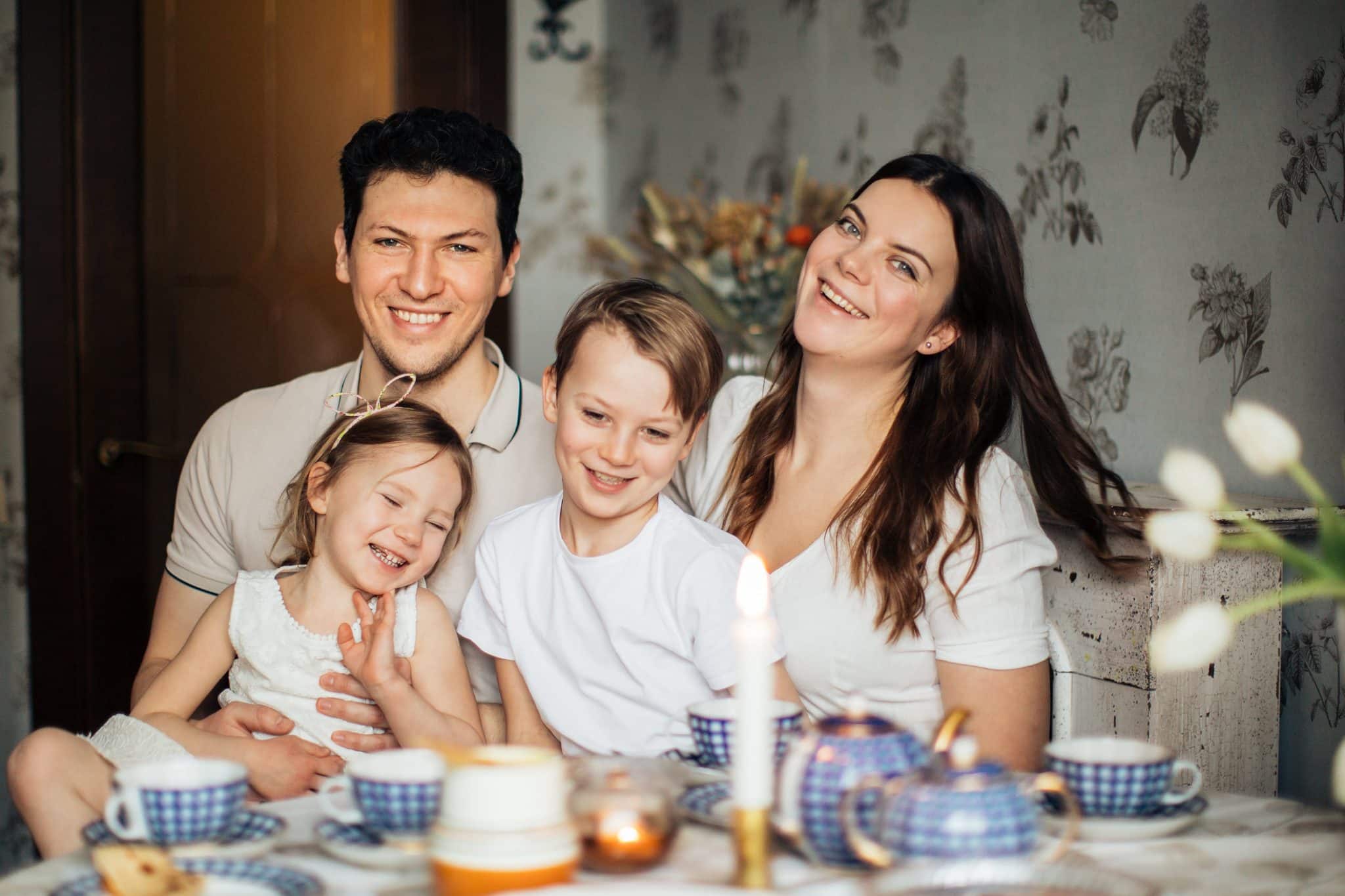Cole Murray partner with Aaron and the team from Perpetual Guardian who specialise Estate Planning with Wills, Trusts and Powers of Attorney.
We all go through life accumulating assets and wealth (even your life insurance and KiwiSaver balance are ‘assets’!), so it is smart to take some control over how those assets will be distributed after you die.
Did you know …
- More than 50% of New Zealanders don’t have a Will.
- Anyone can make a Will once you turn 18. If you get married, have a civil union, or enter a de facto relationship before turning 18, you can write one.
- As soon as you get married, the Will you wrote previously is no longer valid (unless it states otherwise).
- If you don’t have a Will when you die, all your assets don’t automatically go to your partner. Instead, the government will use a formula to divide up your assets.
- The last will you signed – even if it’s out of date and no longer reflects your situation – will be the one used if you die.
- Wills are not just about assets– they can also identify the person you want to look after your children.
What is a Will?
A Will is a document where you give instruction on what you want done with your estate after you die. These instructions may include:
- any dependents such as your partner, children, or grandchildren you want to provide for.
- a family trust or person that you wish to leave property, money, or other assets to.
- any specific items such as jewellery, artwork or furniture you want to leave to particular family members, or friends.
- any charities or organisations you may want to leave money to.
- details of how you would like your funeral to be carried out.
- what you want done with your KiwiSaver.
Assets make up your estate and could include:
- any property you own (under your name only). Any joint property will automatically go to the other owner/s,
- stocks or bonds,
- business ownership and assets,
- cash,
- physical possessions such as jewellery, artwork or furniture,
- KiwiSaver, and
- Life insurance.
You should create a will if:
- your assets exceed $15,000, which can happen quickly with KiwiSaver, even at a young age,
- you enter into a relationship which will involve shared property and belongings,
- you get married, enter into a de facto relationship or a civil union,
- you become a parent/guardian/caregiver,
- you become a grandparent, or
- you buy a home.
You need to update your will if any big changes happen. For example:
- a relationship ends,
- you get married,
- you have a child (it should be updated every time a child is born),
- you buy more property,
- you buy or sell a business, or
- you enjoy a sizeable increase in your assets.
What happens if I don’t have a will when I die
If you don’t have a Will (the legal term for this is ‘dying intestate’) your assets could be tied up for months while the Court administers your Estate. Due to the Court process your Estate will face additional costs. If you have young children their custody could be uncertain.
As your family cope with their grief they could also undergo a lot of added heartache. Don’t leave things to chance, and ensure you have the final say in what happens to you, your loved ones and worldly possessions.
By making your Will, you are completing a final act of love for your family.
No Will? Here are some scenarios …
- Survived by your spouse (but no children or parents) – your spouse will receive your whole Estate.
- Survived by your children (but no spouse or parents) – your children will receive your Estate at 20 years of age (in equal shares).
- Survived by your spouse & children – your spouse will receive your personal chattels up to $155k & 1/3 of the remaining Estate, and your children receive the remaining 2/3 at age 20.
- Survived by spouse & parents (but no children) – your spouse will receive your personal chattels up to $155k & 2/3 of the remaining Estate, and your parents receive the remaining 1/3.
- No spouse, no children, no parents – your Estate passes to certain blood relatives (as determined by the government).
When distributing an Estate, the government’s basic order of priority is the spouse (including de-facto & civil union partners), then:
- Your children (regardless of whether you’re married or not)
- Your parents
- Brothers and sisters
- Grandparents
- Uncles & Aunties
Setting up an Enduring Power of Attorney (EPA)
It’s also a good idea to set up EPA at the same time as making a Will.
An EPA will specify someone you trust to take care of your affairs if you are still alive but mentally incapacitated. There are two kinds of EPA’s – one for property & financial matters and one for your personal care & welfare. If you don’t have one in place for your property, then your assets, properties and money may be frozen until your family can go through the costly & time-consuming legal hoops.
How to write a will
Our friends at Perpetual Guardian are experts in creating wills. If you are a client of Cole Murray you are able to get a discount with them. Get in touch with your Financial Adviser to find out how.


